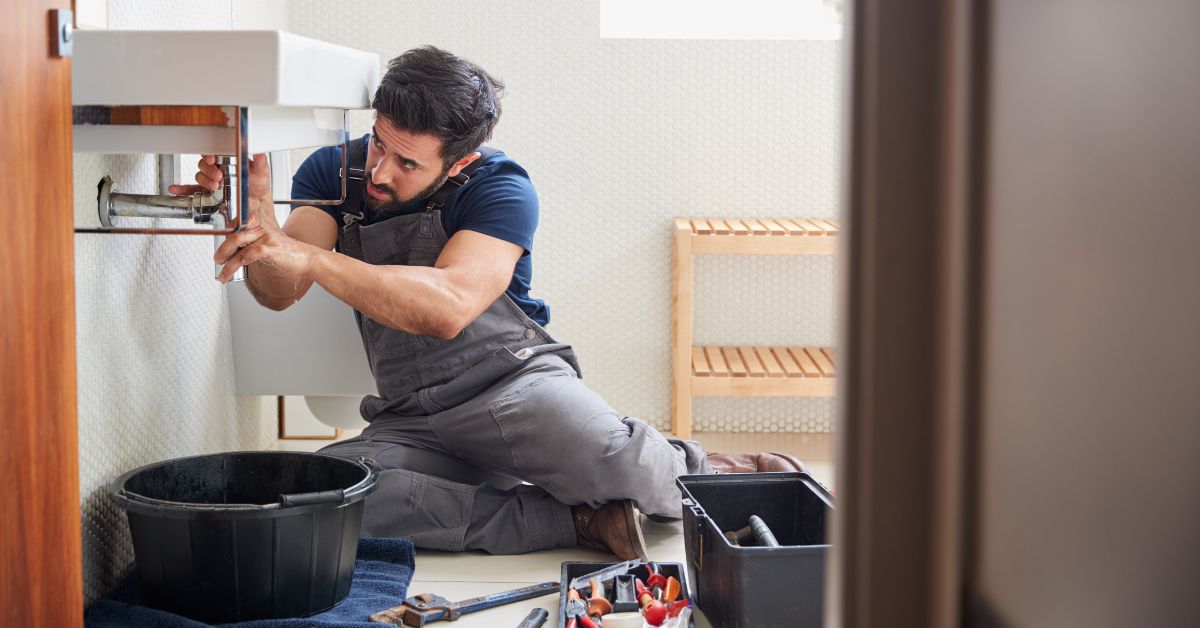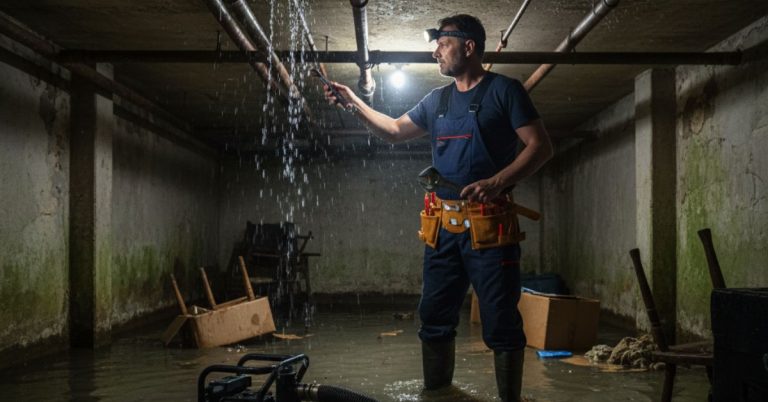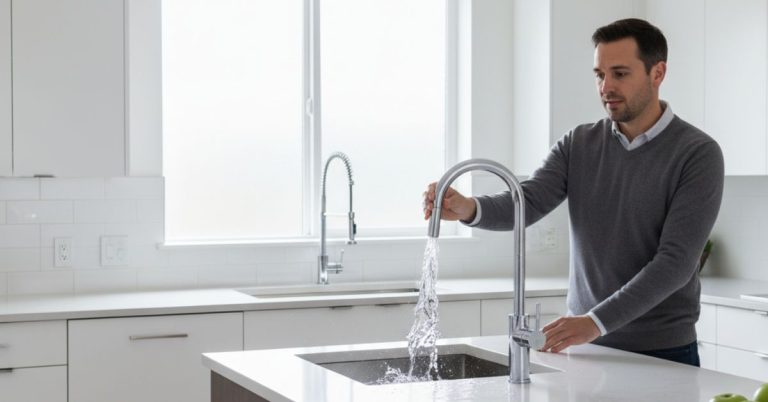Dealing with a clogged or blocked drain is never fun—it disrupts your routine and can lead to costly repairs if ignored. Whether it’s the kitchen sink or the bathroom shower, these blockages often build up over time. But here’s the good news: with a few smart habits and timely action, you can prevent and fix clogged drains before they become major headaches. In this post, we’ll explore practical tips to keep your drains flowing freely every day.
Table of Contents
Common Causes of Clogged Drains
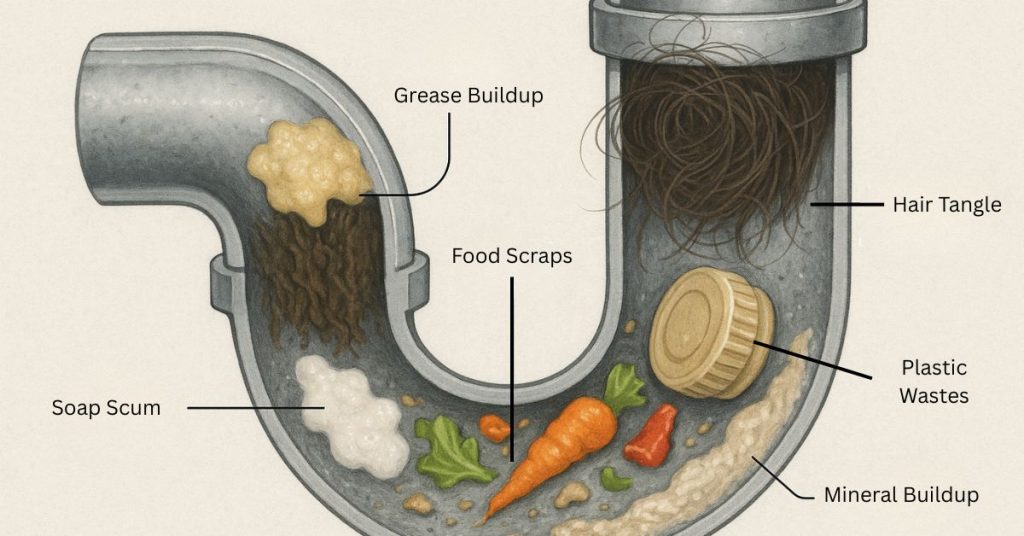
Before we can perform effective drain blockage removal, we must know why drains clog:
- Grease and Fat Buildup – Cooking fats harden and trap food particles inside pipes.
- Hair Accumulation – Hair tangles with soap, forming stubborn blockages.
- Soap Scum – Soap combines with minerals to create a sticky residue.
- Food Waste – Even small scraps can cause a kitchen sink clog over time.
- Foreign Objects – Cotton swabs, wipes, and toys can block water flow.
- Mineral Deposits – Hard water leads to scale buildup in pipes.
Proactive Drain Maintenance for Prevention
Avoid a slow-draining sink by following these proven tips:
1. Use Drain Strainers
Install mesh drain strainers in sinks, showers, and tubs to catch hair, food, and debris before it enters the plumbing system and causes a clogged drain.
2. Avoid Pouring Grease Down the Sink
Never pour grease or oil down your sink; it solidifies inside pipes, leading to buildup and blockages. Instead, collect and dispose of grease in trash.
3. Flush with Hot Water Weekly
Pour hot water down each drain weekly to help melt away grease, soap, and residue buildup, keeping your pipes clean and preventing a blocked drain.
4. Clean Drains Naturally
Monthly, pour baking soda followed by vinegar down drains. Let sit before flushing with hot water. This helps deodorize, maintain flow, and prevent drain clogs naturally.
5. Use Garbage Disposal Properly
Run cold water while using the garbage disposal. Avoid fibrous foods like celery or peels that can jam blades and contribute to a clogged or blocked drain.
DIY Solutions to Unclog a Drain
Minor clogs can often be cleared without calling an emergency plumber:
1. Boiling Water Flush
Ideal for grease-related clogs—pour in stages for maximum effect.
2. Baking Soda and Vinegar
- Add ½ cup baking soda, then ½ cup vinegar.
- Cover, wait 15 minutes, flush with hot water.
3. Plunging
A sink plunger creates suction to dislodge blockages.
4. Drain Snake or Auger
A manual or motorized auger is excellent for deep pipe cleaning.
Get your water heater repaired or replaced the same day
When to Call a Professional Plumber
Contact a plumber if:
- Multiple drains are clogged (possible sewer line backup).
- Water drains slowly despite attempts to unclog.
- Bad odors persist from drains.
- Clogs return frequently.
- You hear gurgling sounds from drains or toilets.
- Water backs up into other fixtures when using plumbing.
Why Trust a Professional Plumber?
When DIY fixes aren’t enough, it’s smart to call in the experts. From emergency plumbing to home repiping services, a licensed plumber ensures problems are fixed right the first time. Don’t risk worsening the issue—contact 5 Star Best Plumbing, your local, trusted professional plumbing services. We have the tools, experience, and fast response time to tackle any clog or drain issue efficiently. Save time, avoid damage, and get peace of mind with expert help.
Advanced Drain Cleaning Services
Professional plumbers use specialized methods for drain cleaning services:
- Hydro Jetting – Powerful streams of high-pressure water clear out grease, sludge, and stubborn buildup without damaging pipes.
- Video Camera Inspection – A small waterproof camera is inserted into the drain to pinpoint clogs, cracks, or root intrusion with precision.
Motorized Augers – Also known as drain snakes, these tools use rotating blades to cut through tough blockages and restore flow quickly.
Drain Prevention Tips by Area
Kitchen Sinks
- Keep coffee grounds and eggshells out of drains.
- Rinse with hot water after washing dishes.
Bathroom Drains
- Install hair catchers in showers and tubs.
- Remove hair from strainers regularly.
Toilets
Flush only waste and toilet paper—avoid wipes and sanitary products.
Eco-Friendly Drain Maintenance
For a green approach to drain blockage removal:
- Use enzyme-based cleaners.
- Flush with hot water and salt.
- Stick to baking soda and vinegar.
Signs of Bigger Plumbing Problems
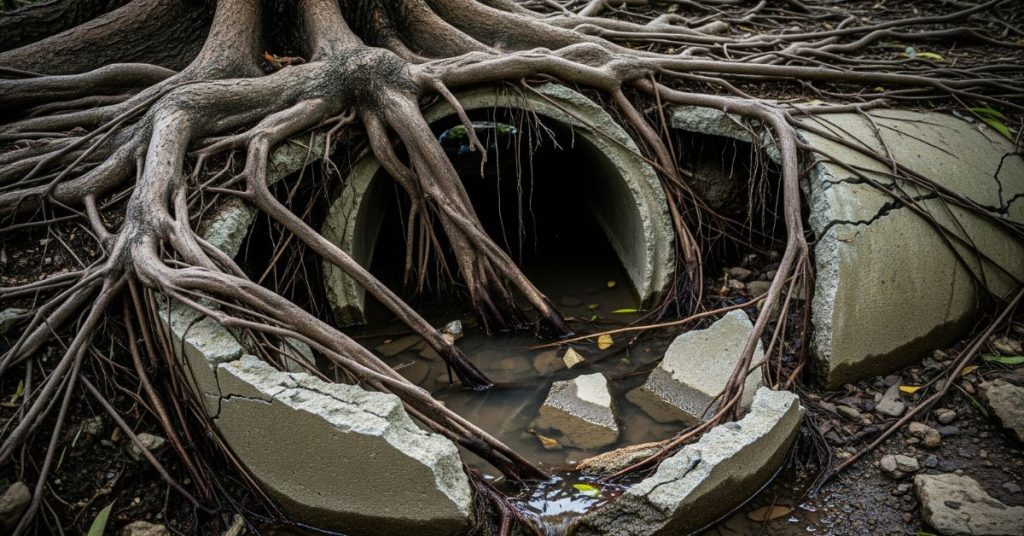
Persistent clogs may signal:
- Tree root intrusion in sewer lines.
- Pipe collapse from soil shifting.
- Sewer line backup requiring urgent repair.
- Corroded or aging pipes nearing failure.
- Improper pipe grading causing water to pool and clog.
FAQs About Preventing and Fixing Clogged Drains
How do I unclog a slow-draining sink?
Start by pouring boiling water down the drain. If that doesn’t work, use a baking soda and vinegar mixture, wait 15 minutes, then flush with hot water. For stubborn clogs, a plunger or drain snake can help.
What is the fastest way to clear a blocked drain?
For kitchen grease clogs, boiling water is often the quickest solution. For hair clogs, a drain snake works best. Avoid chemical drain cleaners as they can damage pipes.
How often should I clean my drains?
To prevent buildup, flush drains with hot water weekly and use baking soda and vinegar monthly. Professional drain cleaning is recommended once or twice a year.
Can I use bleach to unclog drains?
Bleach can disinfect but is not effective for removing solid clogs. It’s better to use natural solutions or call a plumber for safe and thorough cleaning.
Why do my drains keep getting clogged?
Recurring clogs may indicate improper usage, buildup of debris, or a deeper issue such as a sewer line blockage. A professional inspection can identify the cause.

